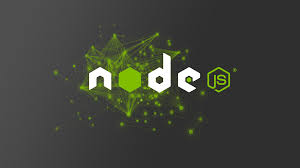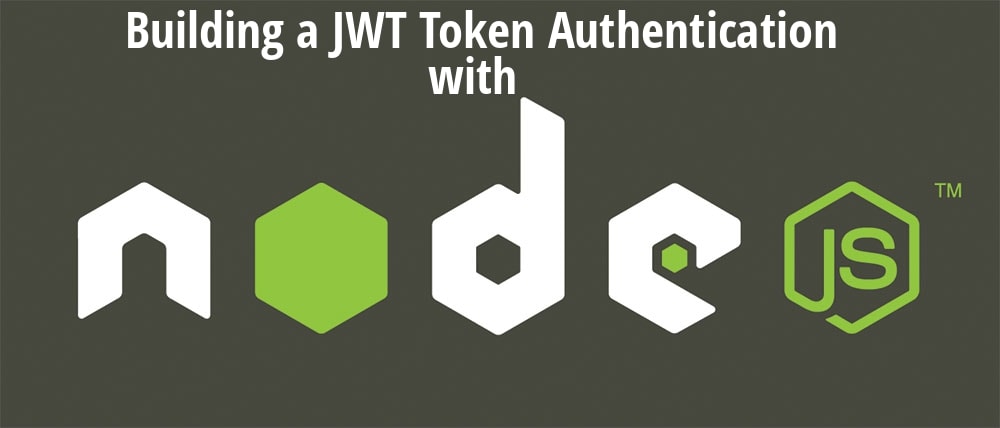AI in 2025: The Year Machines Learned to Reason (Almost)
Artificial Intelligence is no longer just about predicting your next Netflix show or completing sentences in an email. In 2025, we’re witnessing a pivotal shift: AI systems are beginning to reason, plan, and generalize — steps closer to human-like intelligence. This post explores the latest AI breakthroughs, practical applications, and what it all means for businesses, developers, and society.
What's New in AI (2025 Highlights)
1. Multi-modal AI Takes Center Stage
AI models like OpenAI’s GPT-4o and Google’s Gemini can process text, images, audio, and video simultaneously. They don’t just understand words — they can "see", "hear", and "describe" in one fluid interaction.
Use case: Upload a spreadsheet, ask a question, and get an analysis with a chart — instantly.
2. Reasoning and Memory Are Emerging
Latest models aren’t just smarter; they’re learning how to think. Research in agentic AI and tool-using AI is producing systems that can:
- Break down complex tasks
- Use tools (e.g., web, databases)
- Learn from interactions
This hints at the rise of autonomous AI agents — like AI personal assistants that manage your inbox, schedule, and even small business ops.
3. Open Source AI Surges
Meta’s LLaMA 3, Mistral’s models, and others are pushing the open-source frontier. Businesses now have access to powerful models without vendor lock-in — great for cost, customization, and control.
Real-World AI Applications in 2025
- Healthcare: AI is now analyzing multimodal patient data (X-rays + text reports) to help doctors diagnose faster and more accurately.
- Customer Support: Companies are deploying voice-enabled chatbots with empathy detection.
- Education: Personalized AI tutors use voice, video, and diagrams to help students learn in real time.
- Software Development: Coders now co-create with AI in IDEs — from generating boilerplate to debugging and writing tests.
Ethical and Social Considerations
As AI gets smarter, the ethical stakes rise:
- Who’s responsible when an AI agent makes a wrong decision?
- How do we prevent bias in AI-generated reasoning?
- What about misinformation from AI-created content?
Governments and tech companies are responding with AI safety standards, digital watermarking, and transparency tools.
What’s Next?
In the second half of 2025 and beyond, expect:
- Smaller, faster AI that runs on phones and devices (edge AI)
- Agents that use memory to evolve and adapt to users
- Tighter integration with wearables, AR, and robotics
We’re approaching an era where AI doesn’t just assist — it collaborates.
Final Thoughts
AI in 2025 isn’t just an innovation buzzword — it’s a strategic advantage. Businesses that adopt responsibly and individuals who learn to use AI effectively will thrive in this next phase of the digital revolution.





